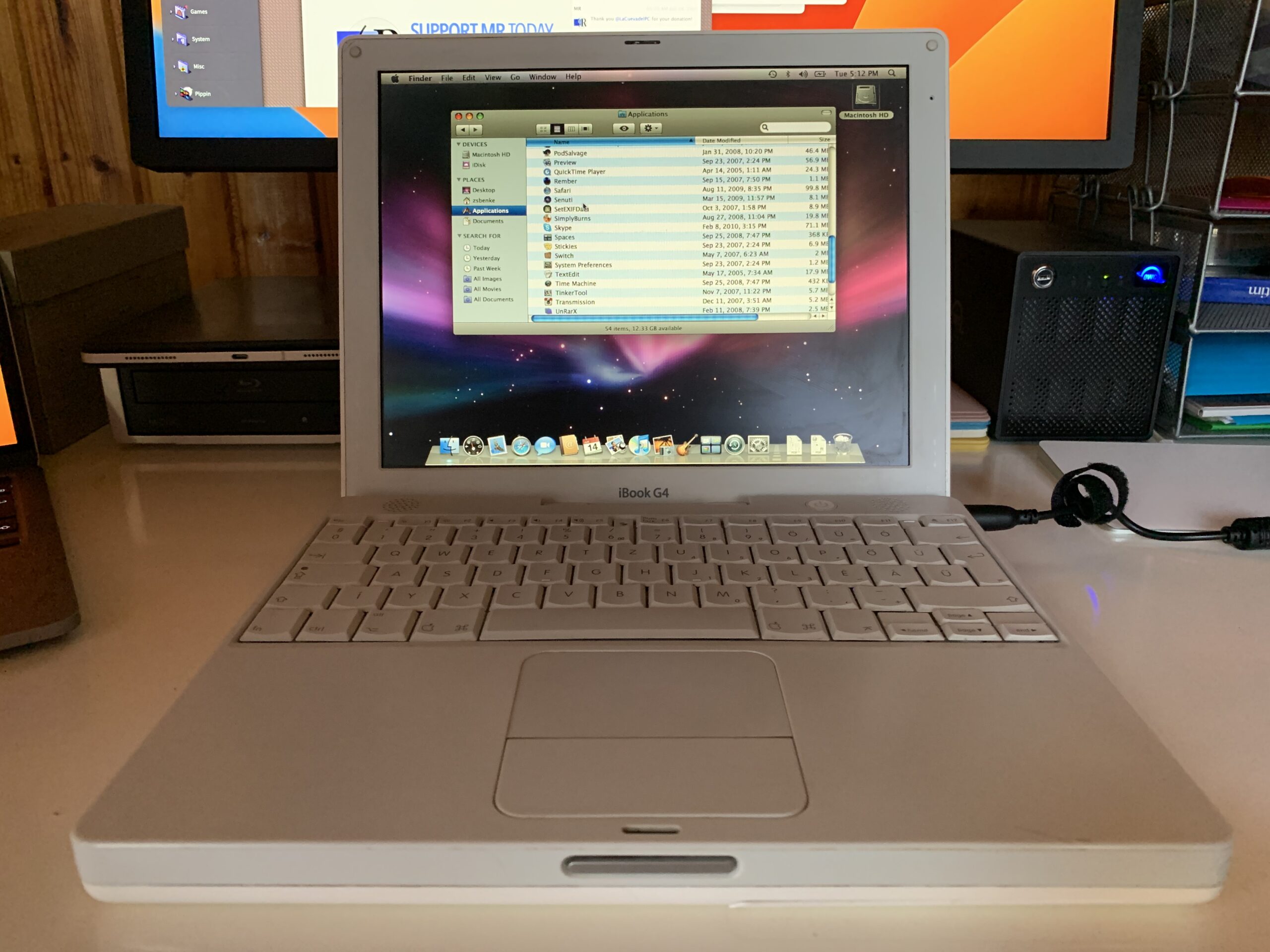Notes from Avoiding Distractions in Modern Computing:
Most of the upcoming generation will never experience “slow computing”.
Slow computing can be done in a “distraction” heavy environment like email. It all depends on how we set up our tools and what we let our computers do. I can still control a lot of aspects of macOS and iOS and I don’t feel them distractions, but simple tools.
It baffles me that people buy pricey phones and have no idea what these devices are capable of. All they do with them is browse TikTok and Instagram.
It is like a blank canvas with no outputs, just waiting for a command about what I would like to do next. At this point I might navigate to a blog directory and open a document with my text editor of choice: emacs. When done writing this post I will add it to git, my text versioning system. After this I do whatever I please with the text file. I might push it to my central blog repository where a static HTML file generates on a public area or I may pipe it to some other program. This is the Unix philosophy.
The terminal-based environment can feel like an island of peace. Not because apps are distracting but because it is a limited interface that is very easy to control.
Some people, like me, feel at home with a customized Unix prompt.
